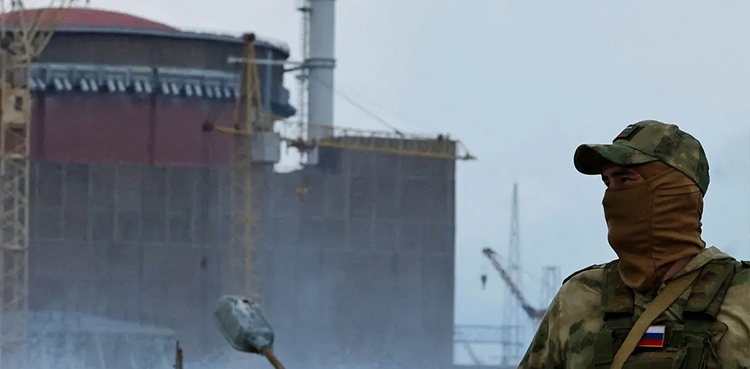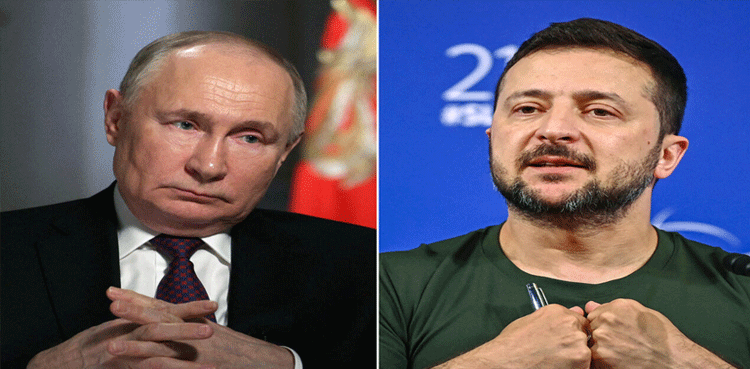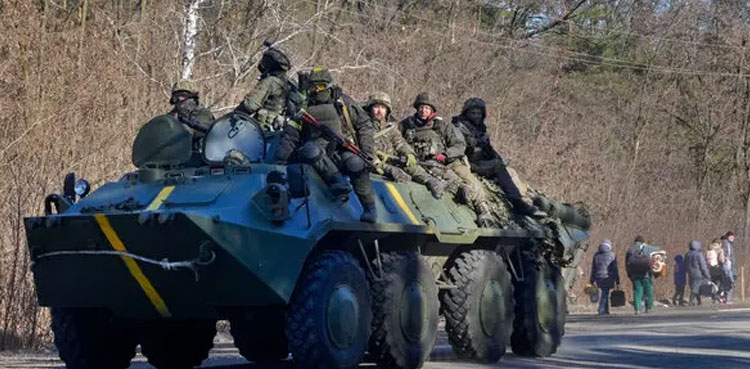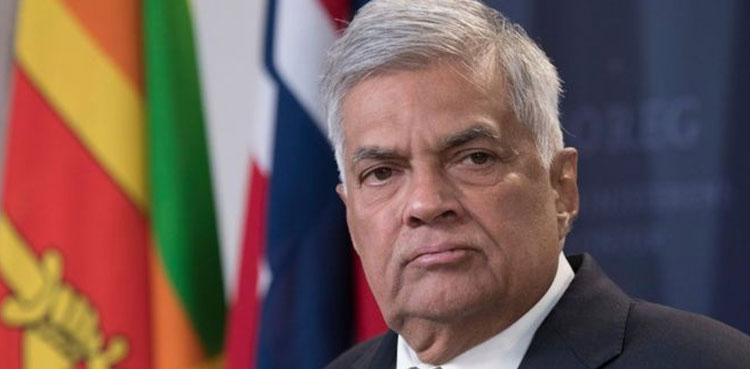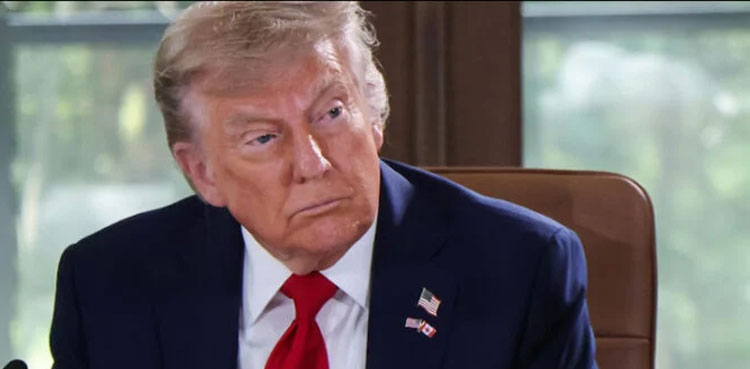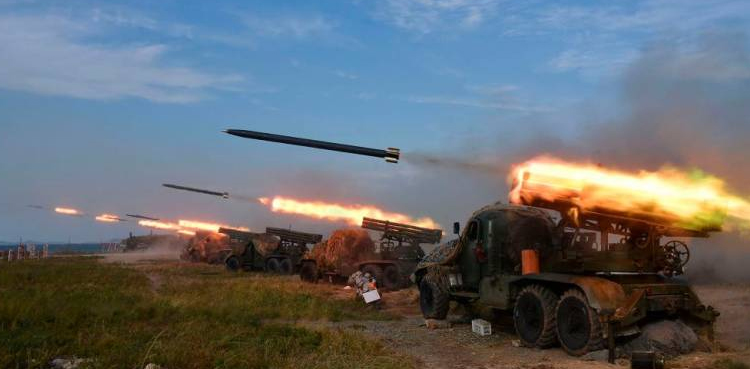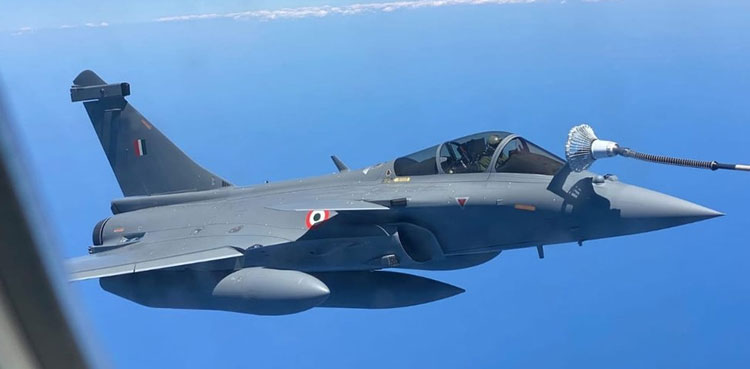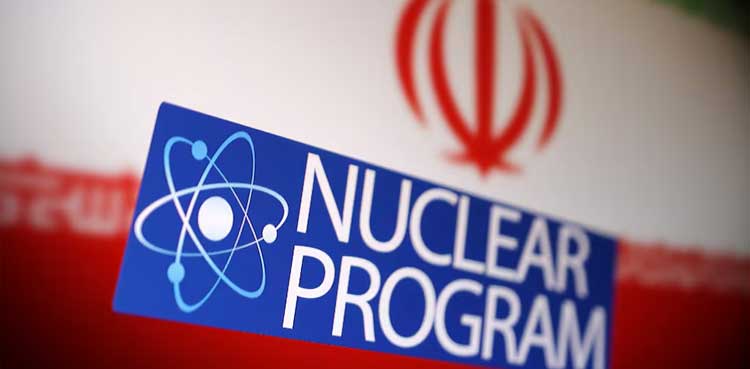Netflix’s gargantuan hit film ‘KPop Demon Hunters’ has captured the global zeitgeist this summer, smashing streaming and music chart records.
Now it is coming to movie theatres.
An animated musical about a trio of Korean pop starlets who fight demons with infectious songs and synchronised dance moves, ‘Demon Hunters’ has been watched 210 million times and currently has five of the global top 10 songs on Spotify.
Lifestyle News – Latest Entertainment News, Celebrity Gossip
In an unlikely journey, the streaming mega-hit is tipped by analysts to hit number one at the box office this weekend, with thousands of cosplaying fans headed to sold-out ‘singalong screenings’ in theatres across five countries.
“Insane, crazy, surreal,” singer EJAE, who co-wrote the film’s biggest track ‘Golden’ and performs heroine Rumi’s songs, told an advance screening at Netflix’s Hollywood headquarters this week.
“I’m just really grateful I’m able to be part of this crazy cultural phenomenon.”
For the uninitiated, the film’s premise is bizarre yet simple.
Demons who feed on human souls have been trapped in another realm by the powerful voices of girl group HUNTR/X.
To fight back, the demons secretly send their own devilishly handsome boy band to steal HUNTR/X’s fans and feast on their essences.
Rivalries ensue, loyalties fray, and an unlikely romance evolves over 90 minutes of power ballads and pop earworms, all against anime-style backdrops of Seoul’s modern skyline and traditional bathhouses and thatched hanok homes.
Released in June, ‘KPop Demon Hunters’ is already Netflix’s most-watched animated offering, and sits second on the all-time chart for any original film. It is likely to take the top spot within the week.
“This movie is a triple threat. It’s got fantastic writing. It has got stunning animation. And the songs are bangers,” said Wendy Lee Szany, a Los Angeles-based movie critic and K-pop devotee.
Indeed, songs by the movie’s fictional HUNTR/X and boy-band rivals Saja Boys occupy three of the Billboard top 10 — a feat no movie soundtrack has achieved since the 1990s.
‘Memes’
While combining the global K-pop craze with sexy supernatural monsters might sound like an obvious recipe for Netflix’s much-vaunted algorithm, nobody expected ‘Demon Hunters’ to take off on this scale.
It was made by Hollywood studio Sony Pictures, intended for the big screen, but sold to Netflix during the pandemic when many theatres were shuttered.
That may have worked to the film’s advantage, said John Nguyen, founder of pop culture website Nerd Reactor.
“If Sony had released it in theatres, I don’t think it would have been as big,” he said.
“It’s word-of-mouth. People shared it, talked about it, posted videos on social media of fans and families singing along in their living rooms.”
Endless homespun TikTok dance videos have added to the momentum.
“People who haven’t seen the movie yet are seeing these memes; they can’t escape it, so they just end up like, ‘Okay, I’m gonna sit down this weekend (and watch) on Netflix,” said Szany.
“And then they fall in love with it.”
Also Read: ‘KPop Demon Hunters’ debuts on Netflix with stellar RT score
‘Shattered’
Seeking to capitalise, Netflix – usually averse to movie theatres – is hosting ‘sing-alongs’ at 1,700 North American cinemas this weekend.
Fans are invited to dress up, whip their phones out and film themselves singing at their top of their voices.
The approach has cinema traditionalists despairing, but earned Taylor Swift’s concert movie $260 million at the box office in 2023.
Early estimates suggest ‘KPop Demon Hunters’ could make $15 million in domestic theatres and top this weekend’s box office.
Analyst David A. Gross of Franchise Entertainment Research said that figure seemed ‘reasonable… for now’, but could get ‘shattered’ if a rush of demand causes theatre owners to add extra screenings.
That would be a welcome shot in the arm for movie theatres, after the bleak years of Covid-19, Hollywood strikes, and younger audiences migrating to – ironically – streaming.
“There were literally so many kids singing their hearts out,” said Szany, who attended Netflix’s advance singalong and has watched the film at least eight times.
“I was like, wow, they know all the lyrics better than I do.”

